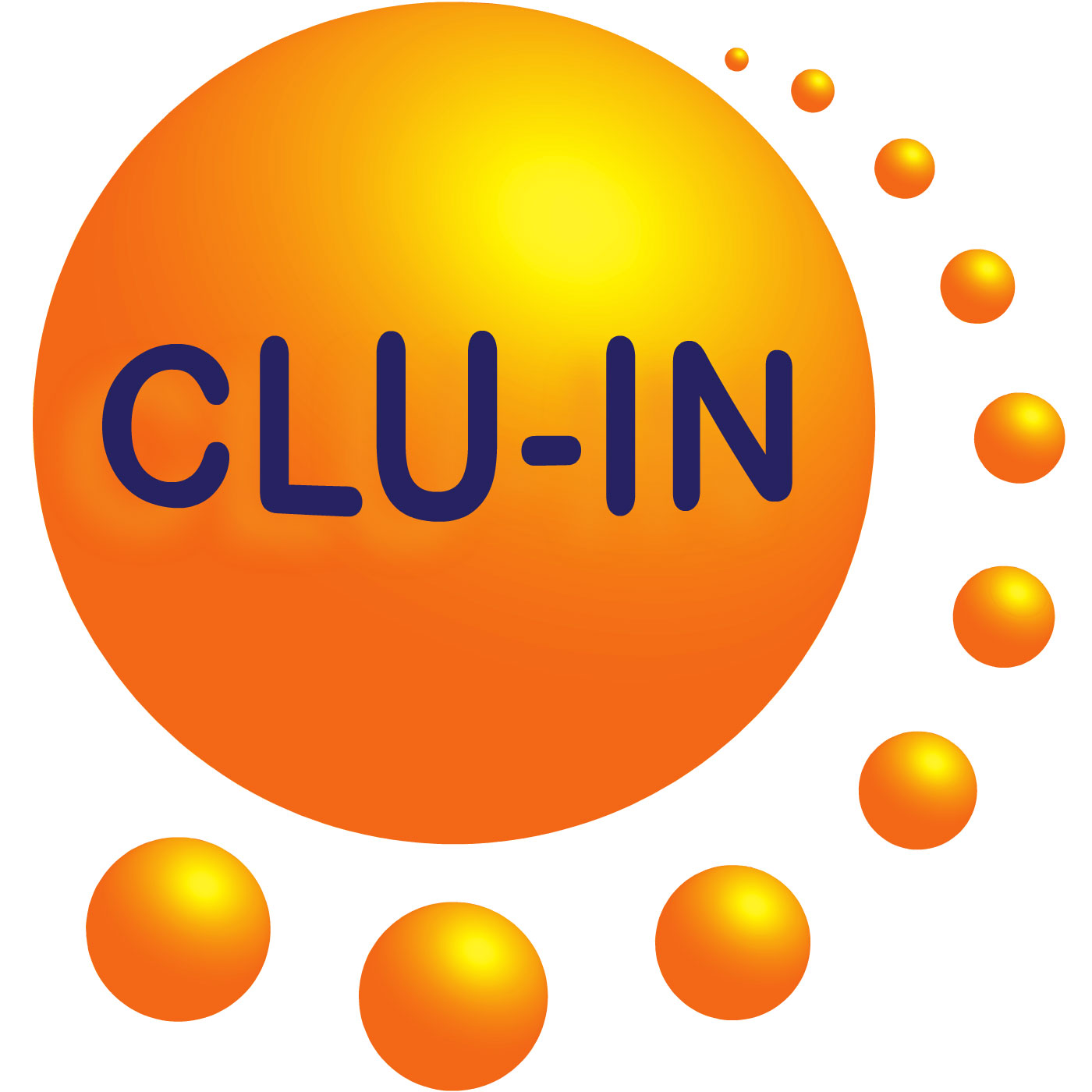Audio for "Environmental Data Management (EDM): Best Practices for Exchanging Environmental Data," Apr 16, 2024
Description
The ITRC Environmental Data Management Best Practices Team (EDMBP Team) prepared a series of guidance documents and case studies on best practices for all phases of EDM to address the need for guidance on managing large stores of environmental data. Environmental data management (EDM) is a broad field that encompasses all aspects of environmental research and regulation, from habitat studies and wildlife management plans to health advisories and remediation of hazardous waste sites.
The EDMBP Team developed three Roundtable training sessions to support the Guidance Document and case studies. You are welcome to register for any of the three, but they do not build upon each other.Data Management: Real Life Application of Data Management Planning and Field Data Collection Best PracticesData Exchange: Best Practices for Exchanging Environmental DataData Quality: Best Practices for Achieving and Maintaining Quality within Environmental Data ManagementWhat good are data if you can't access it? At its root, data exchange is about making data accessible. It is the process of sharing data between systems. When it's done best, it is efficient, repeatable, and maintains the integrity of the data. At its worst, data are omitted, are mismatched, or there is no documentation on its origin. We think of data exchange in terms of incoming data and outgoing data. With incoming data, best practices span from inventorying sources to loading the data into a system. With outgoing data, best practices focus on documentation and automating exports into known schemas.
During this Roundtable training, we will tackle some of the challenging issues in data exchange. If you're new to data exchange, it may open your eyes. If you've been exchanging data for years, we hope to provide some new tricks or considerations for you. Some of the topics we'll cover include:What's the best way to handle using several analytical laboratories, each with a different electronic data deliverable (EDD)? When systems use different valid values and schema, how can you design an efficient, repeatable exchange? How do we know that the costly effort to extract, transform, and load the data from old PDFs into our system will provide value? If someone asks for "all the data" but doesn't have a plan for import to an existing system, how do you provide it in an understandable way in a raw format?We want to answer your questions too. Are you wondering about how to handle analytes duplicated with multiple analytical methods? Or when you should automate or when to manually exchange? No question is too minor. To view this archive online or download the slides associated with this seminar, please visit http://www.clu-in.org/conf/itrc/EDM-2_041624/
More Episodes
In response to one of the biggest emerging environmental concerns, ITRC formed the Microplastics Team in 2021 to develop the Microplastics Guidance Document. Plastics have become pervasive in modern life and are now used in a wide range of commercial and industrial applications. Microplastics...
Published 11/07/24
The NIEHS Superfund Research Program (SRP) is hosting a Risk e-Learning webinar series focused on using artificial intelligence (AI) and machine learning to advance environmental health research. The series will feature SRP-funded researchers, collaborators, and other subject-matter experts who...
Published 11/04/24


